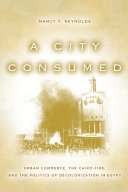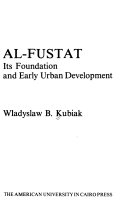Inclusive Services For Youth In Cairo's Informal Areas
Deena Khalil [And Three Others].

Overview
This paper studies access to basic services and infrastructure among youth populations inCairo’s informal areas. Inequality in access to services has been garnering increasing attentionparticularly in the wake of the 2011 “Arab Spring” uprising. Calls for justice and equality wereat the heart of the protests and urban youth were the main protagonists. In Egypt, where themajority of the population is below the age of 30, youth also make up the bulk of the demandfor services. Yet in the face of the increasing need for services, coupled with institutionalfragmentation, the Egyptian government has continually struggled to keep up with demand,and inequality in access has remained persistent. This paper focuses on how location ofresidence, specifically, how residing in an informal area, impacts youth’s access to basicservices and infrastructure. Focusing on educational, health and recreational facilities, as wellas water and sanitation, electricity and solid waste management services, the study draws onresearch that has shown that informal areas are inadequately served in terms of the availabilityof basic services as well as connection to public infrastructure networks. In light of this, thepaper aims to answer the following questions: What/who are the different entities providingbasic services to informal areas in the Greater Cairo Region? What are the gaps in the serviceprovision system, and the different barriers towards youth accessing these services? How dogaps in access to services and infrastructure contribute to youths’ longterm vulnerabilities andjeopardize their transition to adulthood?



















